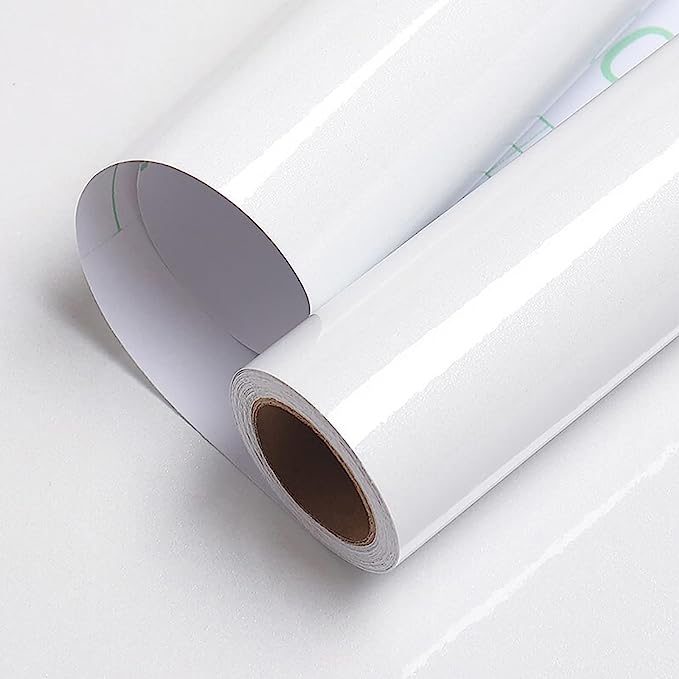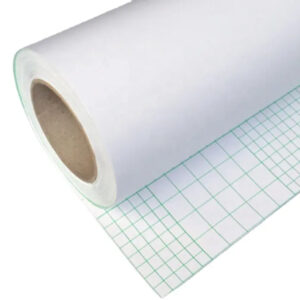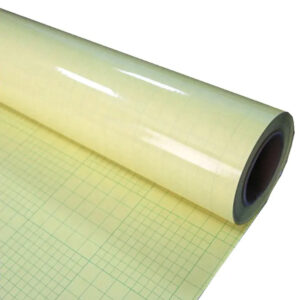Specification:
| • Product name: Polypropylene Film | • Brand name: Shidai / Custom |
| • Model number: QPP-03 | • Material: Plastic |
| • Surface: Glossy | • PVC film: 230mic |
| • Glue Type: Removable | • Backing paper: 230g |
| • Ink Type: Pigment ink, Dye ink | • Size: 1.07/ 1.27/ 1.37/ 1.52*50m |
Inkjet paper and photo paper are both types of paper used for printing, but they differ in terms of their intended use and the quality of the prints they produce. Here are the main differences between inkjet paper and photo paper:
1.Purpose: Inkjet Paper is designed for general-purpose printing, such as documents, text-based prints, and everyday graphics. It is suitable for a wide range of applications where high-quality photo reproduction is not the primary concern. Photo Paper, on the other hand, is specifically designed for printing photographs and images with exceptional color accuracy and sharpness. It is ideal for producing high-quality photo prints.
2.Coating: Photo Paper has a special coating that enhances color vibrancy, sharpness, and detail in photo prints. This coating is typically made of a porous material, such as micro-porous resin or nanoporous silica, which absorbs the ink quickly and locks it in, preventing smudging or bleeding. Inkjet Paper usually has a standard coating or no coating at all, focusing more on providing a smooth surface for text and graphics.
3.Weight and Thickness: Photo Paper is often heavier and thicker compared to standard Inkjet Paper. The increased weight and thickness contribute to the professional feel and durability of photo prints. Inkjet Paper, on the other hand, tends to have a lighter weight and is more suitable for everyday printing needs.
4.Finish: Photo Paper comes in various finishes to achieve different effects. The most common finishes include gloss, semi-gloss, and matte. Glossy photo paper provides a shiny, reflective surface that enhances color saturation and creates a vibrant look. Semi-gloss offers a compromise between gloss and matte, providing a moderate level of sheen and sharpness. Matte photo paper has a non-reflective surface, giving prints a more subdued and elegant appearance. Inkjet Paper typically has a matte or satin finish.
5.Print Quality: Photo Paper is designed to deliver exceptional print quality with accurate colors, sharp details, and high-resolution output. It provides a wider color gamut, allowing for more vibrant and lifelike prints. Inkjet Paper, while capable of producing good quality prints, is not specifically optimized for photo reproduction and may not offer the same level of color accuracy and sharpness.
In summary, inkjet paper is suitable for general-purpose printing, while photo paper is specifically designed for high-quality photo prints. Photo paper has a special coating, higher weight and thickness, various finishes, and offers superior color accuracy and sharpness compared to inkjet paper. The choice between the two depends on the desired print quality and the specific application.




